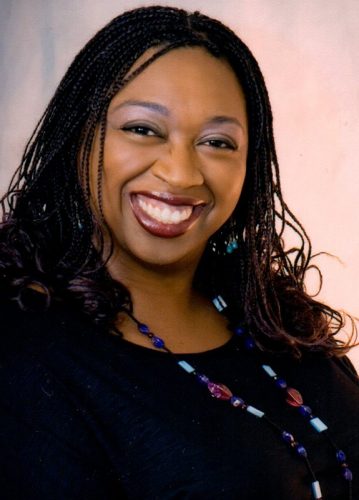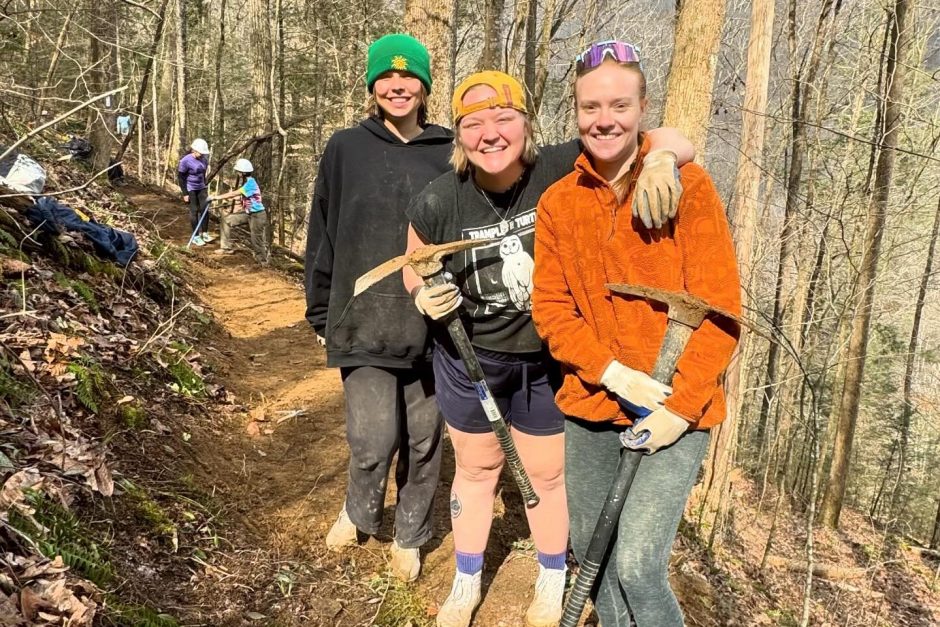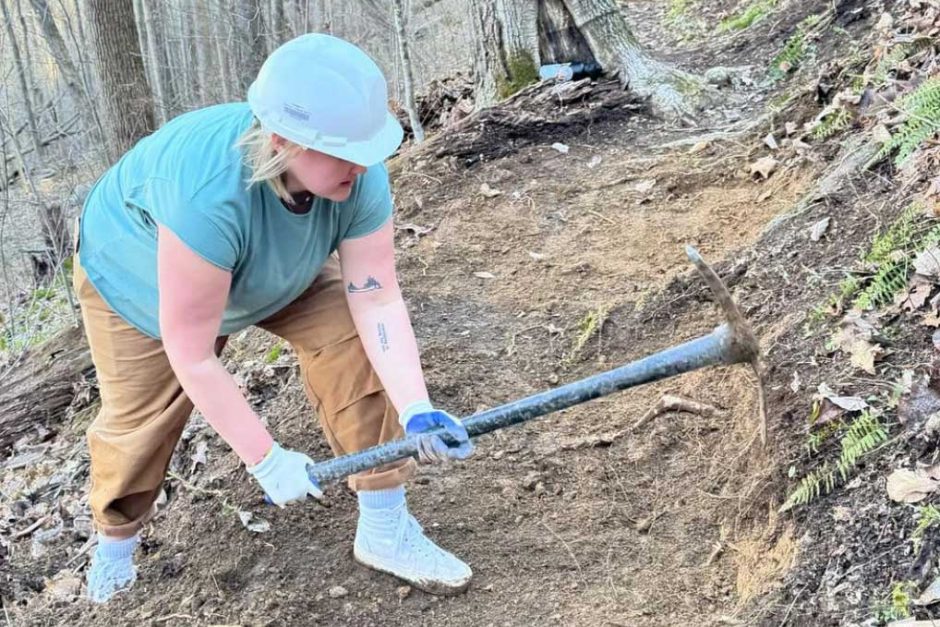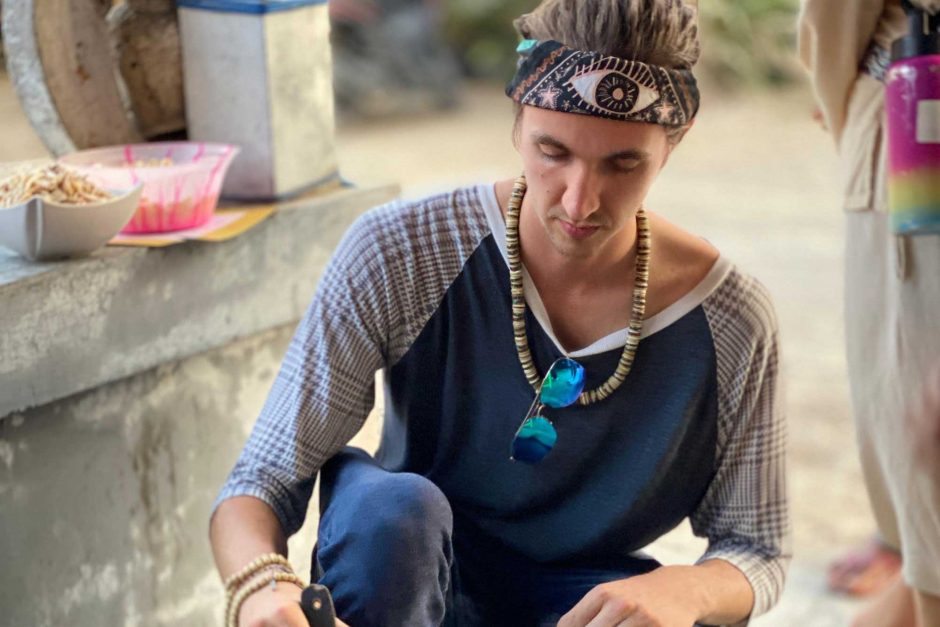Gregory-Jallow ’96: Seek support, be a voice
There were times as a Black woman on campus that Thandiwe Gregory-Jallow ’96 did not feel supported. Yet she spoke up, sought help, and ultimately used those experiences to prepare for life after Cornell.

She says a support system is critical for today’s students of color.
“If you don’t have a support network, get one because you need it at school—and you’re going to need that throughout the rest of your life. It’s good to develop healthy habits,” she says. “If you’ve experienced insensitivity, educate them, stand up, be a voice. Use the Intercultural Life Office, use whatever Cornell has put in place as a sanctuary. We can’t make ignorance go away, all we can do is educate and take care of ourselves in the process.”
Today Gregory lives in Highland, California, as a licensed clinical social worker-clinical supervisor for the Los Angeles County Department of Mental Health. She came to Cornell from Chicago, attracted by One Course At A Time. She says One Course and good relationships are why she stayed for four years. She majored in comparative religion, minored in music, and was involved in numerous organizations including BACO (Black Awareness Cultural Organization).
She is pleased that the college named the BACO affinity house after Frank Armstrong, the first Black graduate, and she says she would like to see that extended to all the ethnicities of Cornell. She is also excited that faculty are incorporating diversity, equity, and inclusion into the curriculum.
“I’m really optimistic about what can transpire now that the senior diversity officer position has been created. I just don’t want it to be some type of lip service the school is putting out there because it’s the in thing to do. It’s going to be a community effort.”
When asked how the college can improve, she was ready with answers.
She was surprised that the faculty doesn’t yet reflect the diversity of the student body. She felt the same about this magazine: “I love it but if I glance through it and don’t see anyone who looks like me I just throw it away. A section on diversity in every issue would be helpful.”
Gregory would like stronger administrative support for students of color (based on her own experiences and echoed by those of a recent alumna she helped recruit): “I had some issues that happened at school. I would talk to whoever I needed to speak to and they would try their best to help but in the long run I felt unsupported, and students would continue their behaviors because they didn’t have consequences for their actions.”
She wants the relationship between alumni of color and the college to improve. Ideas for that include Zoom breakouts for alumni of color and inviting alumni of color back to share their career successes and campus experiences, which would help normalize and validate students like them. Going further, Gregory would like to be part of a mentorship program at Cornell (she’s involved in one at the University of Southern California, where she received her Master of Social Work). An alumni mentor just might have made her feel more accepted as a Cornell student.



